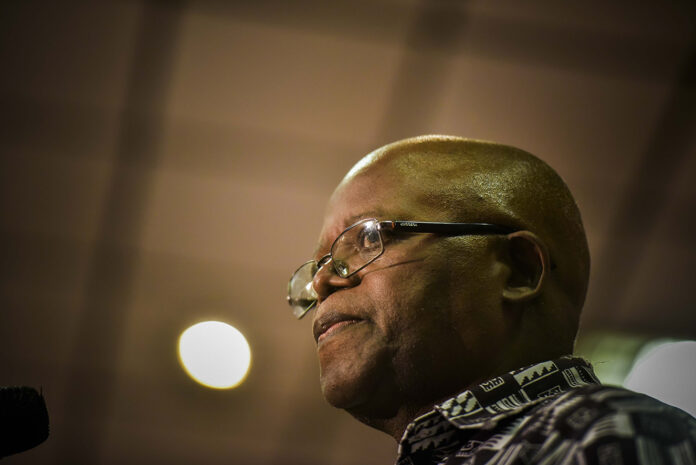Catholic priest and chairperson of the Moral Regeneration Movement (MRM) Fr Smangaliso Mkhatshwa is passionate, and through his entity is determined to help steer society into paths of ethical living.
Why this approach?
Given the country’s fragile and frayed and polarised nature, Mkhatshwa states that the MRM is concerned that there could still be groupings that continue to be bent on disturbing peace, stability and security of the nation through prejudice and undemocratic behaviour and patterns.
“The Charter of Positive Values which we have as MRM, makes reference to these challenges facing the nation. We have to, as the charter states, encourage the nation to refrain from using derogatory language and abusive labels in our interaction with others, and promote peace, friendship, tolerance, and national unity among cultural, religious, and linguistic communities,” said Mkhatshwa.
For the past 22 years since the establishment of the MRM, all aspects of South Africa’s life have been evolving, and so the movement’s focus must be adept and in sync with societal drumbeat, he said.
By definition, the MRM is all about promoting and infusing ethical and positive values without which society may stumble into a state of anarchy.
Mkhatshwa, drawing from the words of the Charter of Positive Values, states that in terms of evolution of the past 22 years of its existence, it has become imperative for the MRM “to reflect on the diverse journey and cultures that have brought us to liberation and democracy, and to commit ourselves to those ideals and ethical values that unite us in our diversity”.
In the midst of women being on the receiving end of violence, or gender-based violence (GBV), the charter is emphatic about its commitment to fighting “against the physical and emotional harassment of women that results in rape and other forms of abuse”, and the eradication of “abuse of children brought about by social ills such as malnutrition, child labour, drug trafficking, pornography and prostitution”, among other things.
Mkhatshwa also states that the charter is unrelenting in its opposition to “any form of physical, emotional, and psychological abuse, or ill-treatment of another human being”, as it also places great emphasis on respect of the worth of all individuals irrespective of social
origin, race, gender, age, status, and class.
Could this, as expressed by the MRM, be seen as a tall order, unachievable, a pipe dream?
Political and social analysts seem to sing from the same hymn sheet, and more concerned and worried about the lofty ideals enshrined in the Constitution, yet routinely ignored and overlooked by high-ranking officials in public administration.
On this glaring misstep, respected businessman and political thinker Sipho Pityana makes the following observation in the Mistra publication, Seeking the Ethical Foundation of the South African Nation:
“…Although the South African Constitution provides a viable framework for the effective administration of a democratic state, it may have shortcomings.
“The Constitution envisions a public administration that is fair and without bias, [that] uses resources effectively, economically and efficiently, has development orientation; and subscribes to employment practices based on ability, objectivity, fairness and the need to redress imbalances of the past.
“In more than 20 years of democracy, however, those lofty ideals have not always been realised, resulting in negative consequences for the credibility of our democracy and the state.
“A largely politically partisan state has emerged, resulting in cronyism in employment practices and the parasitic siphoning of resources that often undermine development intended and result in the distortion of public policy.”
These, among others, are challenges that Mkhatshwa’s outfit, the MRM, has to address. They are matters that have been allowed to fester. There is no doubt that by turning a blind eye to corruption and malfeasance, the government has created a gigantic problem for society, and for itself.
Movements such as the MRM are now left with the task of clearing the mess, inculcating among South Africans the spirit of living the values of the Constitution.
- Mdhlela is an independent journalist, an Anglican priest, an ex-trade unionist, and former editor of the South African Human Rights Commission journals



